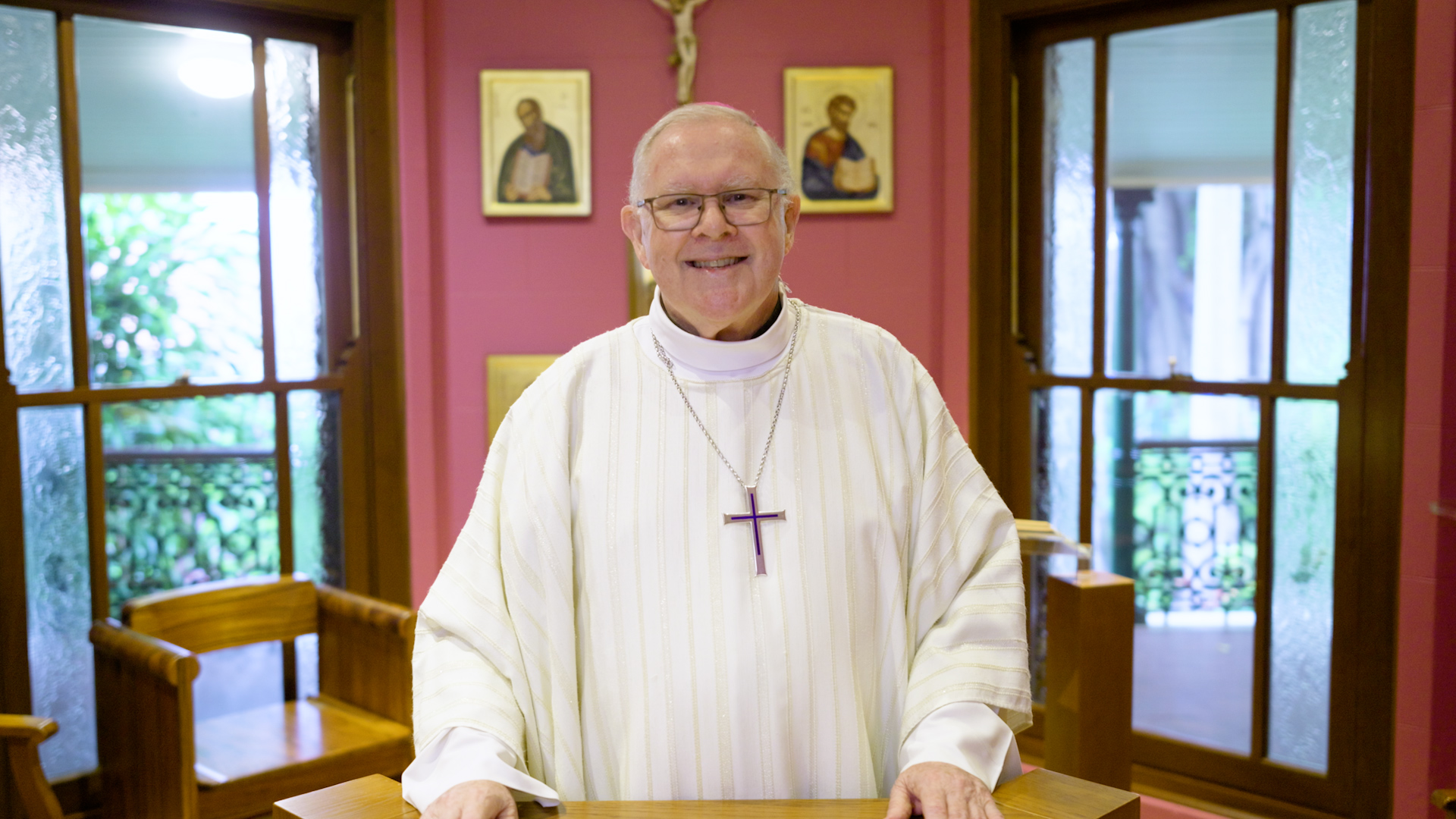Micah 6:6-8; Mark 1:16-20
In the time of Jesus, it was customary for an aspiring disciple to approach a rabbi to ask if he would accept him as a disciple. It was then up to the rabbi to say yes or no. But in the Gospel we’ve just heard, it’s the other way round. The disciples don’t approach Jesus, he approaches them out of the blue; and it’s not Jesus who must say yes or no, it’s the disciples. The same is true of us. We haven’t just applied for a job and got it; we have said yes to a call; and the call came from Jesus in the first place.
In saying yes to the call, the disciples sign a blank cheque. They don’t know what they’re in for. If they had known, they may have declined the offer and stuck to fishing. But mysteriously they leave the family business to follow Jesus on a journey that will lead them along the roads of Palestine, on to the dark mountain of Calvary and into the light of Easter morning. It will also lead them to martyrdom and the undying witness that flows from that death. What a journey it turned out to be.
In attaching himself to a rabbi, the disciple was to become like his master in every way, even down to mannerisms and mode of dress. The first disciples too will become like the master, not in mannerisms and mode of dress, but in dying a death which gives birth to life. As St Paul says in his Letter to the Philippians, they “reproduce the pattern of the Lord’s death” (3:10) and so become eternal witnesses of Easter, as we too are called to be.
They are called in the first place to leave what they know. That means leaving behind not just the security of the family business but the structures and supports of life back home. It also means leaving behind the logic of pagan religion, which was to offer appeasing gifts to placate a potentially vengeful god. Pagan religion was and is all about doing a deal with a touchy and dangerous divinity.
That’s why the prophet Micah speaks of yearling calves, thousands of rams, a river of oil and even a firstborn child. All these were offered to the pagan gods in the prophet’s time; and they were all about keeping the gods on side and happy. The prophet, however, says that what the real God wants is that we “live justly, love tenderly and walk humbly with your God” (6:8). This is not doing a deal with God; it’s becoming like the God who is just, tender and humble, which the pagan gods certainly are not.
The logic of pagan religion is what T. S. Eliot in his poem The Journey of the Magi calls “the old dispensation”. At the end of the poem, the Magi say: “We returned to our places, these Kingdoms, / But no longer at ease here, in the old dispensation / With an alien people clutching their gods”. It’s the dark and fearful world of “the old dispensation” that the Magi leave behind in following the star; and so too must the disciples as they follow Jesus. So too must we as we say yes to the same call.
But to follow him is not just to leave an old world behind. It’s also to enter a new world where we do in fact “act justly, love tenderly and walk humbly with [our] God”. Pope Francis spoke of “the revolution of tenderness” (Evangelii Gaudium, 88), and in following Jesus we embrace the revolution of justice, tenderness and humility. We become like the real God, the God who is never against us but who wants to walk with us and to work with us to bring a new world to birth.
This was surely true of Mary Aikenhead, as it was and is of the Sisters of Charity, heirs to her charism. It is also to be true of you who bear her name, Mary Aikenhead Ministries: you are to share her Easter witness which did not die with her. It lives in you and you live in it. Mary was one who heard the gentle and powerful call of Jesus and turned from what she knew to follow him. She left much behind, but above all she left behind “the old dispensation” which leaves us clutching gods who are unjust, brutal and proud. She chose instead to enter a new world with Jesus, signing a blank cheque yes, but knowing that the one who would fill in the cheque was utterly trustworthy. In saying yes to the call, Mary lost a great deal, but she gained far more than she lost, far more than she ever imagined. Mary followed humbly in the footsteps of the first disciples; and we, like the Sisters of Charity, follow humbly in her footsteps. Like them and like her, in saying yes to the call we lose nothing, but in the end we gain everything. Amen.
